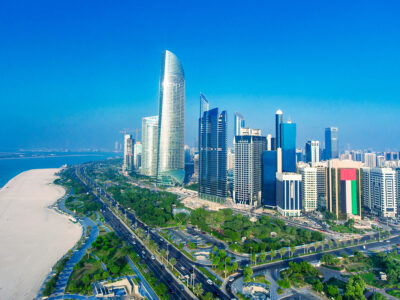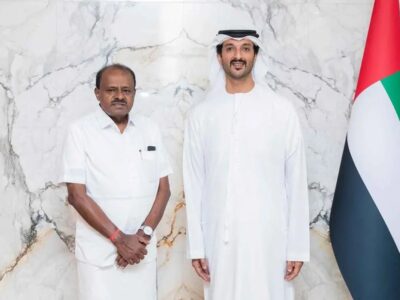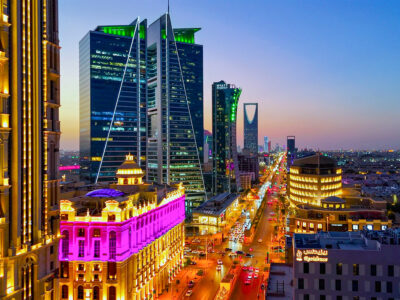Saudi Arabia’s real non-oil growth is expected to strengthen to 2.9 percent in 2019 as government spending and confidence increase, according to the International Monetary Fund (IMF).
The executive board of the IMF also said real GDP growth is projected to slow to 1.9 percent as real oil growth slows to 0.7 percent with the implementation of the OPEC+ agreement.
Growth is expected to pick up over the medium-term as ongoing reforms take hold while the unemployment rate among Saudi nationals has moved down but remains high at 12.5 percent, the IMF said after concluding an Article IV Consultation with Saudi Arabia.
It noted that the fiscal deficit is projected to widen to 6.5 percent of GDP in 2019 from 5.9 percent of GDP in 2018 as spending is projected to increase and exceed the budgeted amount and offset an increase in non-oil revenues.
The deficit is then projected to decline to 5.1 percent of GDP in 2020. With oil prices implied by futures markets declining over the medium-term, the deficit is then projected to widen, the IMF added.
Its report said inflation has declined in recent months, mainly due to falling rents, and is forecast to decline by 1.1 percent in 2019, before turning positive in 2020 as further energy price increases are implemented. Credit growth is expected to strengthen with the stronger non-oil economy and bank liquidity should remain comfortable.
The IMF said authorities are continuing to implement their reform agenda which includes lowering the registration threshold for VAT, adjusting gasoline prices on a quarterly basis, and increasing fiscal transparency. Reforms to the capital markets, legal framework, business environment, and SME sector are also ongoing.
IMF executive directors commended the authorities for the progress in implementing their economic and social reform agenda, adding that the reforms have started to yield results and that the outlook for the economy is positive.
Directors encouraged the authorities to build on their fiscal reforms by continuing with the planned energy and water price reforms and increases in expatriate labour fees.
They also considered that additional fiscal measures would also be needed and highlighted that containing the government wage bill and a more measured increase in capital spending could yield fiscal savings.
Directors welcomed the ambitious reforms to develop the non-oil economy, adding that policies to develop new economic sectors will be successful if Saudi workers have the skills for the private sector and the incentives to offer them at competitive wages.
The IMF report underscored that reforms should be inclusive and vulnerable households protected from any negative effects.
It also agreed that given the current structure of the economy, the exchange rate peg to the US dollar continues to serve the economy well.








